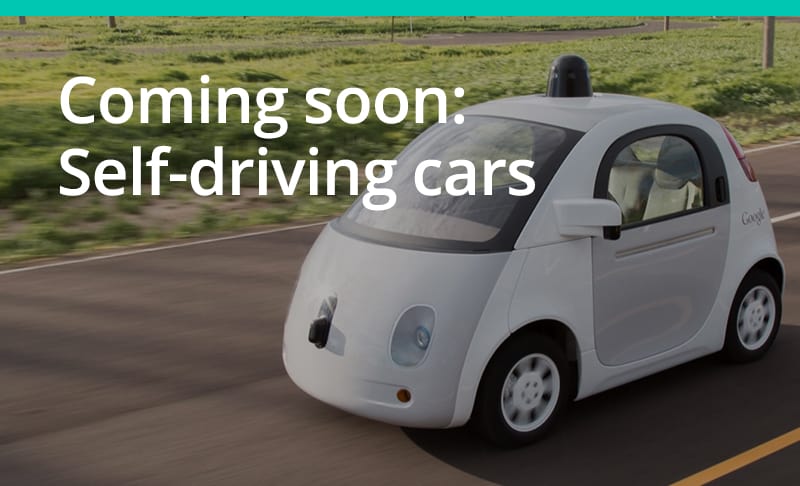
Driverless Cars: New Study Delves into Driverless Tech
Self-driving, driverless cars will soon be hitting Canadian roads, and according to a new online study, some Canadians are getting ready to embrace this exciting technology.
The University of Calgary’s recent study on attitudes towards driverless cars (the first study of its kind in the country) revealed optimism, caution, and curiosity amongst many potential adopters. The city is also preparing for the arrival of the autonomous vehicles through careful consideration in their transportation planning. With the impending arrival of computerized autos on Canadian roads, a deeper look into feasibility and the public’s willingness to dive in is coming just in the nick of time.
The aim of the study, conducted online by the U of C’s Schulich School of Engineering student Mahsa Ghaffari, was to explore perceptions and attitudes of Albertans towards the burgeoning autonomous tech. 485 adults from Edmonton and Calgary weighed in, providing the first insight as to how a segment of the population might react to computerized cars taking over Canadian streets.
The results were decidedly positive, if a little surprising. One of the standout revelations showed that drivers aged 50 and up – and specifically men – were among the most likely to consider using driverless vehicles. This demographic indicated a willingness to own the cars and use them for commuting.
Ghaffari’s study also proved that existing technologies, such as GPS navigation, may have paved the way for this new fleet of driverless cars: 81 per cent of respondents were comfortable with the idea of a computer-chosen driving route. As for speed, 40 per cent of respondents showed a willingness to relinquish control to the car.
The study also uncovered a group who were clearly less likely to opt in on autonomous tech. Results showed that drivers who identified as “aggressive”, or those who particularly enjoyed their driving experience, would be less likely to give up control over their vehicle. Other segments of the population not yet sold on driverless cars included those who drove less than 10 hours per week, and adults with children.
One of the main takeaways from Ghaffari’s results was that many respondents viewed the advent of self-driving cars as a boon to a commuter’s convenience. Those who reported driving 10-20 hours per week were more likely to use the technology, and people were generally more open to the idea of using the cars for regular daily trips, such as the drive to and from work.
With the arrival of self-driving cars on Canadian roads only a matter of time, some cities have been taking the appropriate steps to prepare for this dramatic change in traffic patterns and infrastructure. The only Canadian autonomous vehicle project in the works is currently underway in Ontario, where researchers are able to use the cars on public roads – as long as they have a permit. For its part, Calgary is also working on a plan to implement a self-driven shuttle between the Calgary Zoo LRT Station, and the Spark science centre. With the proper approvals, this initiative could become a reality as early as 2018.
While some may say Canada has a lot of catching up to do in the driverless vehicle arena, it’s exciting to see these new steps being taken. Here’s hoping that the future holds even more accessibility for Canadians to this exciting and futuristic direction in automotive advancements.

